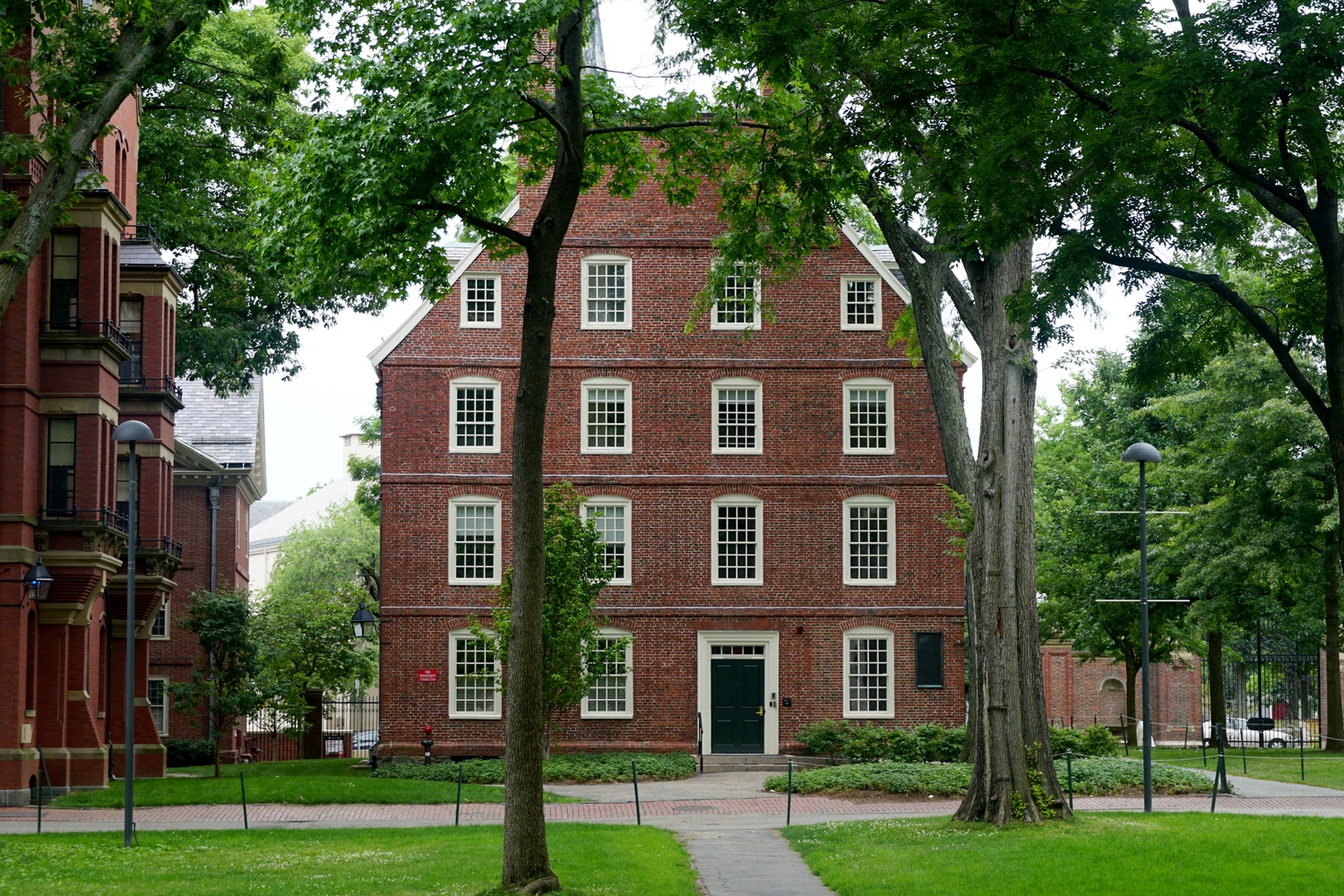
News
News Flash: Memory Shop and Anime Zakka to Open in Harvard Square

News
Harvard Researchers Develop AI-Driven Framework To Study Social Interactions, A Step Forward for Autism Research

News
Harvard Innovation Labs Announces 25 President’s Innovation Challenge Finalists

News
Graduate Student Council To Vote on Meeting Attendance Policy

News
Pop Hits and Politics: At Yardfest, Students Dance to Bedingfield and a Student Band Condemns Trump
I Am a Jewish Student. Harvard’s Settlement Is Bad News.

News broke this week that Harvard will adopt the International Holocaust Remembrance Association’s definition of antisemitism as part of a settlement in two lawsuits accusing the University of tolerating discrimination against Jews. Rather than delivering a principled response to campus tensions, the IHRA definition promotes a hollow, and thus dangerous, standard for both the University and its affiliates.
I am concerned by instances of antisemitism and discrimination against Israeli students at Harvard. But I, alongside other Jewish peers, don’t believe the problem is as extreme as the University’s loudest critics have made it out to be, nor am I convinced that this settlement is actually about antisemitism. Instead, it is part of a larger right-wing effort to attack higher education under the auspices of challenging antisemitism. Indeed, the settlement comes on the first full day of the Trump administration, which has already threatened to cut Harvard’s $600 million in federal funding.
Others have already correctly noted that the settlement indicates Harvard’s worrying willingness to twist its standards under the politicized pressures of just a few affiliates rather than defend its intellectual environment. As someone who studies Middle Eastern politics, I am worried that necessary conversations in the classroom will no longer be possible. Ironic, considering the University is pouring money into intellectual vitality initiatives and even boasted about them the same day the settlement was announced.
Second, and more significantly, Harvard has adopted an intellectually vacuous definition that not only muddles what speech is considered immoral, but now that which is subject to disciplinary sanction. The IHRA definition will not defend Jewish students against serious antisemitism.
That definition reads as follows: “Antisemitism is a certain perception of Jews, which may be expressed as hatred toward Jews. Rhetorical and physical manifestations of antisemitism are directed toward Jewish or non-Jewish individuals and/or their property, toward Jewish community institutions and religious facilities.”
Defining antisemitism as an amorphous “certain perception of Jews,” renders the term potentially applicable to, well, any understanding of Jews. A telling source of ambiguity in the IHRA definition is “may” — antisemitism “may be expressed as hatred toward Jews.” It therefore may also be any other expression about Jews. Even though it then outlines where versions of “rhetorical and physical manifestations of antisemitism” could appear, this text does nothing to further narrow what those manifestations are.
Technically, then, it seems any perception of Jews rhetorically or physically expressed can be antisemitic. “Jews have a tradition of studying.” “There are a good number of Jews in New York City.” Try any discussion or scholarship around Jews, and it could qualify.
The next portion of the definition doesn’t get more specific: Antisemitism can be directed towards “Jewish or non-Jewish individuals and/or their property.” All individuals are either Jewish or non-Jewish.
The IHRA seems to know its definition is weak. Rather than producing a different one, though, it lists 11 accompanying examples of antisemitism that Harvard has also agreed to adopt. I am deeply offended by some and Harvard certainly should be. But others, which outline criticisms of Israel, dangerously designated legitimate discourse as discrimination against Jews.
The thin definition coupled with these precisely chosen examples allows Harvard to haphazardly levy charges of antisemitism across diverse contexts. Now, the University can punish reasonable and valid criticism of Israel, including that which Jewish students initiate, as analogous to genuine targeting of Jewish students. These criticisms aren’t only important to dissect and debate here — at an institution of higher education promising to expand student perspectives — but certainly are for the sake of holding Israel, like any other country, accountable for its policies.
If the past year has taught us anything, it's that people have very different intuitions about what is, and is not, antisemitic. Jews ourselves cannot agree on what constitutes antisemitism. Harvard’s adoption of the IHRA definition does nothing to end this uncertainty — indeed, it exacerbates it.
For a University that sits at the helm of higher education — and claims “truth” as its motto — this definition mixes lazy, poorly written prose to threaten important student and faculty voices.
Now, we are at the mercy of the administrators who decide its myriad of interpretations.
Charlotte P. Ritz-Jack, a former Crimson News editor, is a Social Studies concentrator in Pforzheimer House.
Want to keep up with breaking news? Subscribe to our email newsletter.
Most Read
- Experts Say Harvard Has a Strong Case in Legal Battle Against Trump
- College Dean Rakesh Khurana Declines To Say How Harvard Will Respond to Homeland Security Demands
- Trump’s Harvard Simply Isn’t Real
- 3 Harvard Professors Win 2025 Breakthrough Prizes
- Garber Joins More Than 180 University Leaders in Statement Against ‘Political Interference’ With Higher Ed
From Our Advertisers

Over 300+ courses at prestigious colleges and universities in the US and UK are at your disposal.

Where you should have gotten your protein since 1998.

Serve as a proctor for Harvard Summer School (HSS) students, either in the Secondary School Program (SSP), General Program (GP), or Pre-College Program.

With an increasingly competitive Law School admissions process, it's important to understand what makes an applicant stand out.

Welcome to your one-stop gifting destination for men and women—it's like your neighborhood holiday shop, but way cooler.

HUSL seeks to create and empower a community of students who are seeking pathways into the Sports Business Industry.
